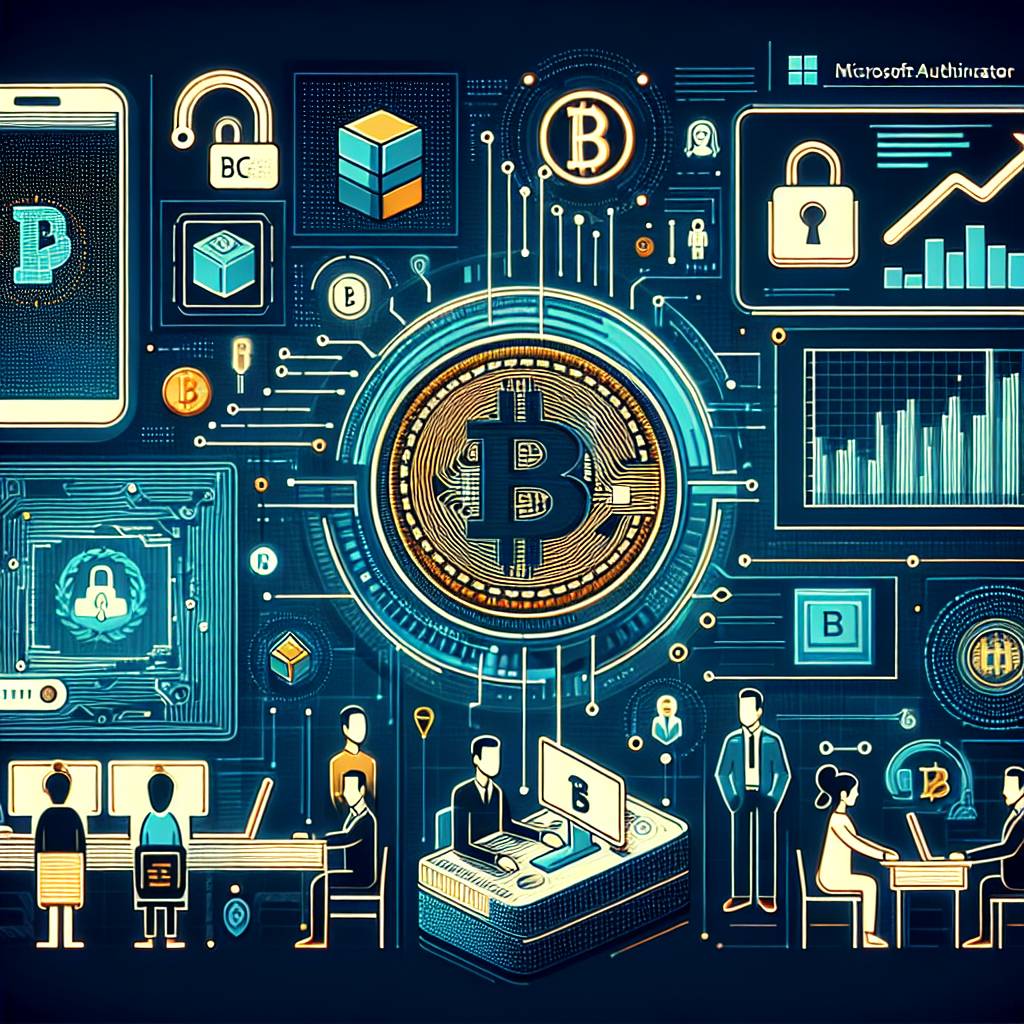How to securely store and protect my digital assets?
What are the best practices for securely storing and protecting my digital assets?

3 answers
- One of the best practices for securely storing and protecting your digital assets is to use a hardware wallet. Hardware wallets are physical devices that store your private keys offline, making it extremely difficult for hackers to access your funds. They provide an extra layer of security by keeping your private keys separate from your computer or smartphone, which are more vulnerable to malware and hacking attempts. Additionally, hardware wallets often require a physical button press to confirm transactions, further protecting your assets from unauthorized access. Another important practice is to use strong and unique passwords for all your cryptocurrency accounts. Avoid using easily guessable passwords and consider using a password manager to securely store and generate complex passwords. Enable two-factor authentication (2FA) whenever possible, as it adds an extra layer of security by requiring a second verification step, such as a fingerprint or a code sent to your mobile device. It's also crucial to keep your software and devices up to date with the latest security patches. Regularly update your operating system, antivirus software, and cryptocurrency wallets to protect against known vulnerabilities. Be cautious of phishing attempts and only download software and apps from trusted sources. Lastly, consider using a virtual private network (VPN) when accessing your cryptocurrency accounts to encrypt your internet connection and protect your data from potential eavesdroppers. Remember, the security of your digital assets is your responsibility. By following these best practices, you can significantly reduce the risk of unauthorized access and protect your investments.
 Jan 07, 2022 · 3 years ago
Jan 07, 2022 · 3 years ago - Securing your digital assets is of utmost importance in the world of cryptocurrencies. One way to do this is by using a hardware wallet, which is a physical device that stores your private keys offline. This ensures that your keys are not vulnerable to online attacks or hacking attempts. Another option is to use a cold storage solution, such as a paper wallet or a hardware wallet that is not connected to the internet. By keeping your private keys offline, you can protect them from potential threats. In addition to using secure storage solutions, it's important to be cautious of phishing attempts and scams. Always double-check the URLs of websites and ensure that you are visiting the official website of the cryptocurrency exchange or wallet provider. Avoid clicking on suspicious links or downloading files from unknown sources. Furthermore, consider diversifying your storage options. Instead of relying solely on one storage method, consider using a combination of hardware wallets, paper wallets, and encrypted digital storage solutions. This way, even if one method is compromised, your assets will still be protected. Lastly, stay informed about the latest security practices and updates in the cryptocurrency industry. Follow reputable sources and join online communities to learn from others' experiences and stay ahead of potential threats. Remember, the security of your digital assets is a continuous process. Stay vigilant and take the necessary steps to protect your investments.
 Jan 07, 2022 · 3 years ago
Jan 07, 2022 · 3 years ago - At BYDFi, we understand the importance of securely storing and protecting your digital assets. One of the best ways to do this is by using a hardware wallet. Hardware wallets provide an extra layer of security by keeping your private keys offline and away from potential online threats. They are designed to be tamper-proof and resistant to hacking attempts, making them an ideal choice for storing your cryptocurrencies. In addition to using a hardware wallet, it's important to follow other security best practices. Use strong and unique passwords for all your cryptocurrency accounts, enable two-factor authentication (2FA), and regularly update your software and devices to protect against known vulnerabilities. Furthermore, be cautious of phishing attempts and only download software and apps from trusted sources. Avoid sharing your private keys or sensitive information with anyone and keep them stored securely. By following these security practices, you can significantly reduce the risk of unauthorized access to your digital assets and ensure their long-term security.
 Jan 07, 2022 · 3 years ago
Jan 07, 2022 · 3 years ago
Related Tags
Hot Questions
- 89
How can I protect my digital assets from hackers?
- 83
What are the best digital currencies to invest in right now?
- 57
What are the tax implications of using cryptocurrency?
- 41
How can I minimize my tax liability when dealing with cryptocurrencies?
- 37
How can I buy Bitcoin with a credit card?
- 29
Are there any special tax rules for crypto investors?
- 21
How does cryptocurrency affect my tax return?
- 19
What are the advantages of using cryptocurrency for online transactions?
